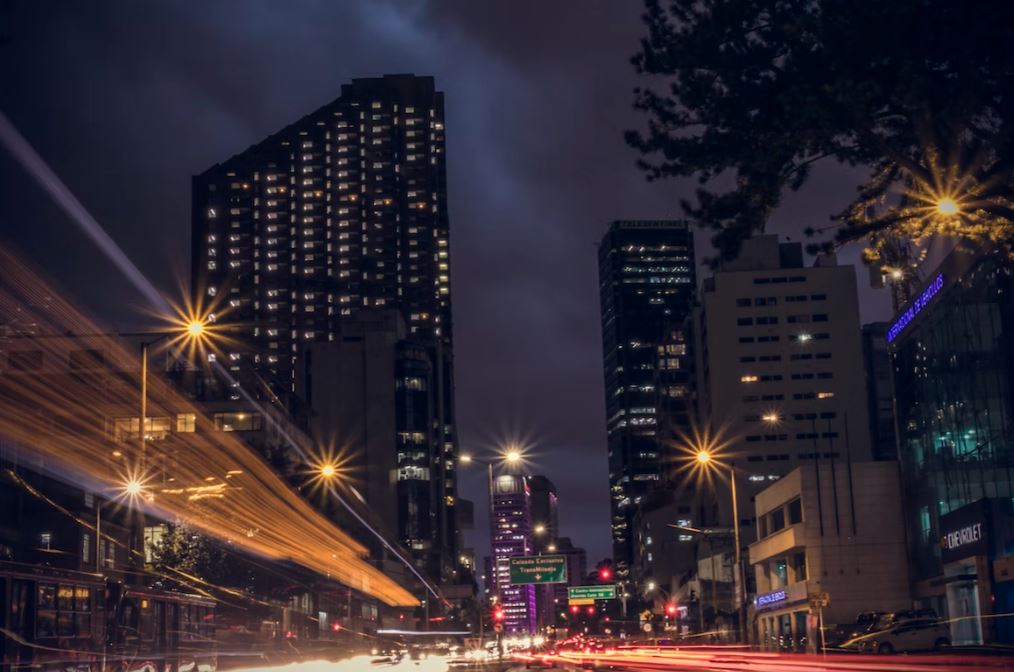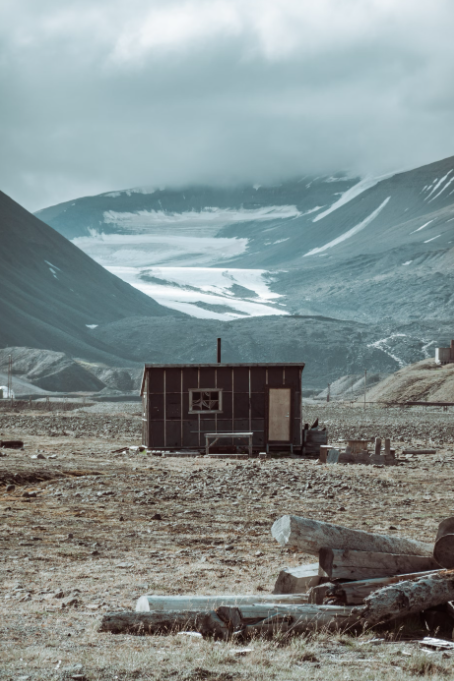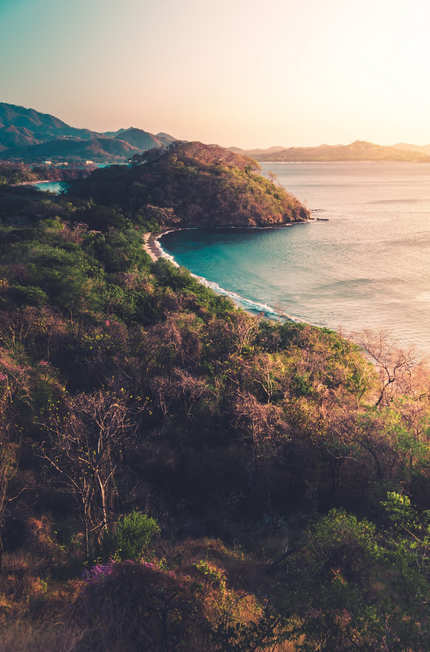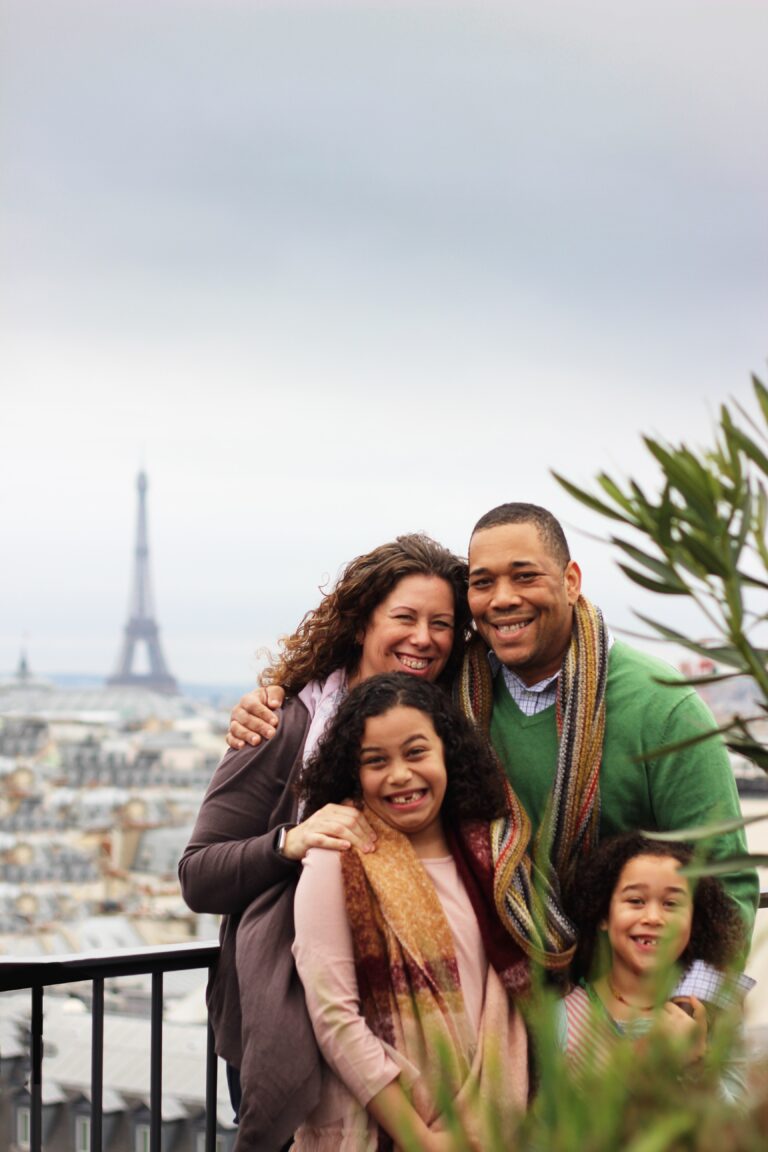Exploring Wonderous Bogota
Is it safe to travel to Bogota Colombia right now?
Bogotá, Colombia, a city nestled in the stunning Andes Mountains, captivates travelers with its rich cultural tapestry and vibrant energy. While it may have had a tumultuous past, Bogotá has undergone significant transformations in recent years, making it a safe and enticing destination for those seeking an immersive experience. The city’s commitment to enhancing security measures is evident in the increased police presence, particularly in tourist areas and popular neighborhoods. Visitors will find that the locals are warm, welcoming, and proud of their city’s progress in ensuring the safety of residents and guests alike.
To maximize your safety, it’s advisable to stay informed about current travel advisories and exercise standard precautions, such as safeguarding personal belongings and using reputable transportation services. Bogotá’s diverse neighborhoods offer a range of experiences, from the historical La Candelaria district with its colorful colonial architecture to the trendy Chapinero area brimming with modern cafes and art galleries. Exploring Bogotá’s culinary scene and savoring local delicacies adds a delightful dimension to the travel experience. By embracing the city’s unique blend of tradition and modernity, travelers can forge unforgettable memories while feeling secure in the hospitable embrace of Bogotá’s evolving landscape.
Try Bogota’s Signature Dish Ajiaco at La Puerta Falsa
Begin with tradition, by sampling Bogotá’s signature dish at La Puerta Falsa, an unpretentious restaurant that has been serving up steaming bowls of ajiaco in La Candelaria, Bogotá’s historic quarter, since 1816. A hearty bowl of soup made with shredded chicken and three kinds of potatoes, ajiaco (18,900 pesos, or $6.70 at 2,828 Colombian pesos to the dollar) is served with a helping of avocado, a piece of corn on the cob, capers and a dollop of cream. It’s garnished with guascas, a Colombian herb, and is the perfect warmer on a rainy Bogotá afternoon.
Stroll Through La Candelaria
Stroll through the streets of La Candelaria, which is packed with colonial buildings, trendy cafes, and student bars. Begin at Plaza Bolívar, a pigeon-filled square surrounded by four architectural standouts: city hall, the gorgeously neo-Classical houses of congress, the supreme court, and the 19th-century Catedral Primada. Stop for a coffee (espresso, 3,000 pesos) at La Peluquería, a colorful cafe/hair salon/vintage clothing store where the city’s hipsters gather; the beans come from Azahar, one of Bogotá’s new crop of high-end local coffee companies.
Walk down Calle 11 to the Museo Botero (free), home to an impressive collection of paintings by Colombia’s most famous visual artist, Fernando Botero, and part of a complex that includes a modern art museum (free) and open-air courtyards. Finish the Candelaria tour with a bowl of chicha, a mildly alcoholic beverage made from corn. It’s served at most of the student-filled bars on Calle del Embudo, although it’s become almost impossible to find anywhere else in the country.
A Cafe That Rocks
The popular Colombian singer Carlos Vives is the owner of Gaira Café Cumbia House (admission, 10,000 pesos), an eclectic restaurant and bar that has its own stage, plus enough historic Colombian music paraphernalia to fill a museum. Live music on Fridays and Saturdays means a rollicking combination of vallenato and cumbia from Colombia’s coastal regions, plus an occasional appearance by Mr. Vives himself.
The food is coastal Colombian, with dishes like Cartagena-style grilled steak and coconut rice, or patacones with pork and cheese, paying homage to the country’s Caribbean heritage. Dinner for two runs about 160,000 pesos. For a good view with a slightly reduced decibel level, book a table on the upper balcony.
Bogota Graffiti Tour

One of Bogotá’s defining characteristics is its graffiti. It’s not technically illegal to paint walls here, which has led to a dynamic street art culture. Join the Bogotá Graffiti Tour (free, donations strongly encouraged), a two-and-a-half-hour walking tour, and an introduction to the work of some of the city’s most compelling artists. The guides are all involved in Bogotá’s street art scene and can explain technical details like how stencils are made, along with the political and historical background.
The murals by the artist Bastardilla are some of the most notable, calling attention to infringements upon women’s rights in Colombia. Also note the colorful pieces by Guache, a member of the Bogotá Street Art collective, which has a distinct indigenous influence. Post-tour, double back to Calle 20 and pop into Ricardo Corazón de Papel (Richard, the Heart of Paper) for souvenir shopping — all the notebooks in this small-scale bookbinding and print shop are made on-site, and some feature covers printed with native plants and animals like the capybara.
Shake it up – Paloquemao Market
Colombia is home to a huge number of exotic fruits, many of which never make it to supermarket shelves in the United States. Head to the sprawling Paloquemao market, where the fruit vendors hawk everything from tomate de arbol to feijoa to granadilla. Pull up a stool at a juice bar and sample a few shakes made with local fruits, blended with milk and ice, and taste like nothing you’ve ever had before. If you’re brave, try the jugo de borojo y cangrejo — this fruit shake (around 8,000 pesos), once a countryside tradition and now more of a novelty item, has live river crabs blended into it and is meant to encourage virility.
Linger Over Lunch
The chef Tomás Rueda presides over the city’s most beautiful dining room, where the skylight-filled ceiling and polished wooden tables encourage you to linger over a long, boozy lunch. Mr. Rueda, a leader of Bogotá’s restaurant revival, emphasizes traditional ingredients from small-scale producers. Sample the menu of nueva Colombiana cuisine (lunch for two, around 180,000 pesos), which incorporates traditional ingredients in dishes like the croquetas de pescado con suero costeño amostazado (fish croquets with mustard sauce).
Performance artists at Flora Ars & Natura, a small gallery space that focuses on exhibitions by local and international artists that relate to nature.
Fashion, Coffee, and Art
Chapinero is a fascinating, sprawling central neighborhood. Start an exploration of the area with a visit to La Percha, a shop in the chic Quinta Camacho area that sells clothes, jewelry, and other accessories by Colombian designers. Some pieces, like the sleek work and day bags by the two-year-old Bogotá brand Mago Maga, are pure modernity, while an indigenous influence can be seen in the patterned jackets by Hipolita.
Refuel with coffee at Bourbon, a modern exposed-brick-and-wood cafe with its own quiet garden, excellent baked goods, and micro-lot beans (Aeropress, 6,900 pesos). From here, head to Flora Ars & Natura, a small, stellar gallery space, tucked away among garages in an industrial area, that focuses on exhibitions by local and international artists that relate to nature.
Dining Alfresco
Make the most of Bogotá’s temperate nights by dining on the patio at Bruto, a reservations-a-must restaurant (dinner for two, around 130,000 pesos) that draws a stylish clientele. The chef, Felipe Arizabaleta, is Colombian, the food is Spanish and the atmosphere is buzzy, with good cocktails and live music Tuesday through Saturday. Come for the salmorejo, a silky, cold tomato soup topped with egg and bacon, and the squid croquetas with garlicky aioli; stay for cava and the cool clientele. Dinner for two, around 150,000 pesos.
Try Some Chocolate and Cheese

Have breakfast Bogotá style at Pastelería Florida, a local favorite. It’s been serving up freshly baked bread, triangles of queso fresco, and cups of hot chocolate for decades. The décor is casual, although, as with all restaurants in Bogotá, the service is endearingly formal. Dunk the cheese in the hot chocolate to get the authentic experience, and order a deliciously moist tamale, wrapped in banana leaves and with a chicken leg tucked in the middle. Breakfast for two, around 38,000 pesos.
Gold Rush – Museo del Oro
On Sunday mornings, many of the city’s avenues are closed to traffic, opening up the streets for runners, bikers, and skateboarders and giving an entirely new perspective on a city that’s usually dominated by cars and buses. Stroll up the temporarily pedestrianized Carrera 7 (known as La Septima) to the Museo del Oro (free on Sundays; 3,000 pesos otherwise), which houses a stunning collection of thousands of items of exquisite gold jewelry, animal carvings, and figurines fashioned by Colombia’s indigenous pre-colonization population.
Climb Monserrate
If you are feeling energetic, join the crowds of locals hiking up Monserrate, a 10,000-foot mountain that overlooks the city and is home to a 17th-century statue of the Fallen Christ. It’s considered important to make the steep 1.5-mile trek on foot if you’re going for religious reasons, but there is also an efficient funicular and cable cars (from 10,000 pesos round trip) that cycle up and down the mountain regularly from La Candelaria. The views from the top, encompassing the entire sweep of the city as it stretches out west from the mountain, are spectacular.
El Tambor
Take a break from hectic city life by hiring a taxi (around 140,000 pesos) and heading to the mountains. Bogotanos go to La Calera on Sunday afternoons to breathe in the fresh, crisp air; photograph the landscape of green hills, and stuff themselves silly with barbecue. El Tambor is the best of the restaurants that line the road up from the city, and it offers beautiful views along with baskets of freshly grilled steak, yucca, chorizo, chicharrón, and corn on the cob (lunch for two, about 70,000 pesos). Add a couple of Club Colombia beers, park yourself on a chair hewed from a log, and settle in for the afternoon.
Need help planning your next trip? The Trip Atelier takes the stress out of vacation planning. Schedule a consultation and start crafting a memorable vacation today.







